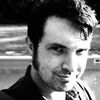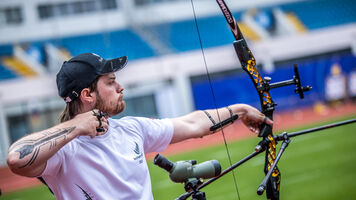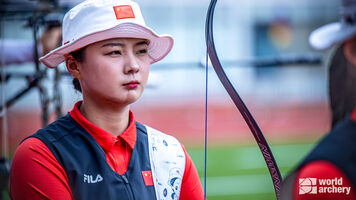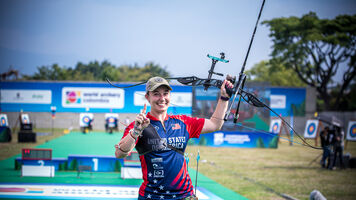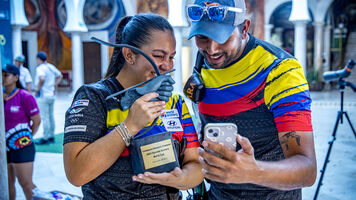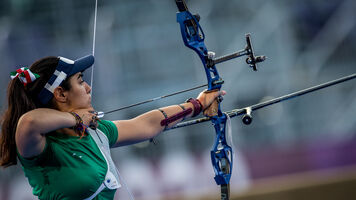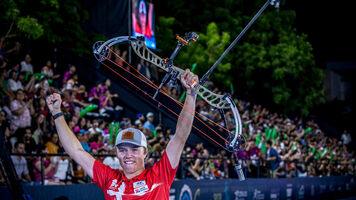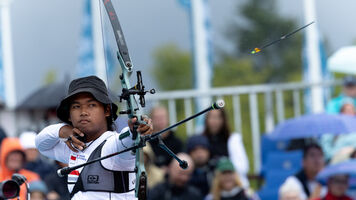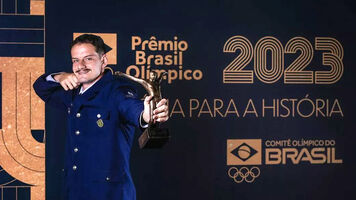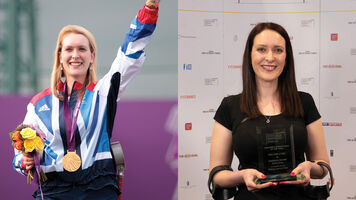The Nesp is back – but did he ever go anywhere? A lesson in longevity
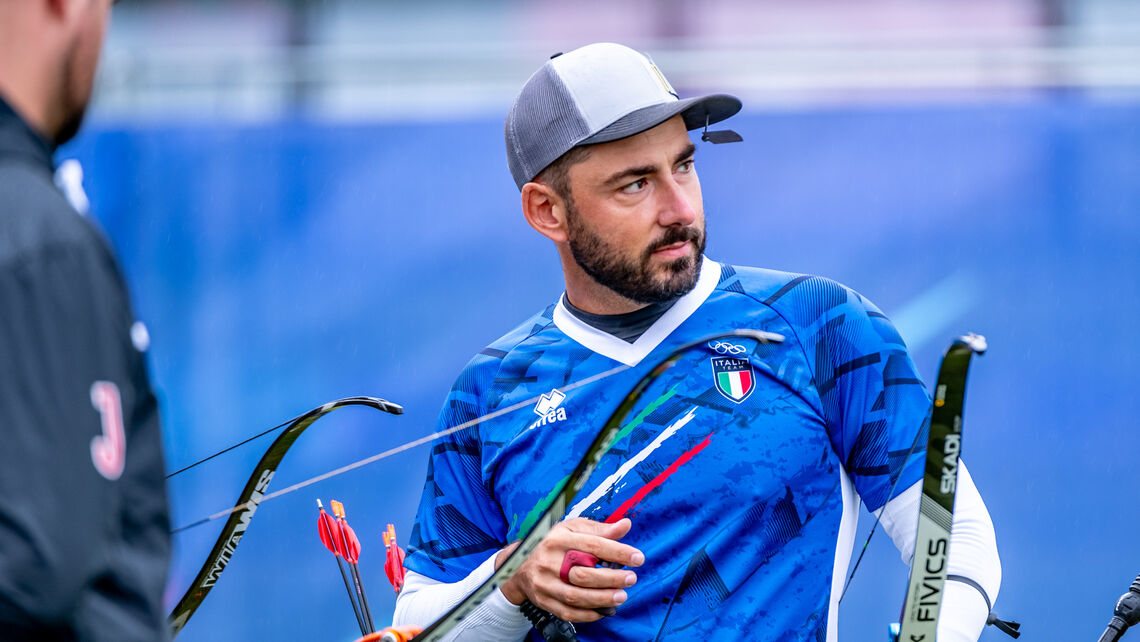
Four years ago at the last European Games in Minsk, Mauro Nespoli was riding high.
He strolled through his individual matches – and had already taken the mixed team title with Lucilla Boari. He finally faced Dutch archer Steve Wijler for the title. It would turn out to be a tougher test – but the very-much established Italian won, 6-4.
He’d finish a career-best second at the Hyundai Archery World Cup Final that year – and be named the best male athlete of 2019 in an awards ceremony run by the Association of National Olympic Committees.
Most athletes are fully aware when they have hit a peak of form. In 2019, the man sometimes known as The Nesp was on fire.
“I was very, very confident about the competitions, especially for the individual matches. I was very focused on my goals, in my technique, and I can say that I felt stronger than I do today,” he says today after winning his last-16 match at the European Games in Krakow. “I remember that we also shot very well with the team, and also within the team.”
Two years later in Tokyo, both he and Boari would collect individual medals in Yumenoshima Park – Nespoli finishing runner-up to Mete Gazoz – but the world had changed. The pandemic had upended international archery… along with everything else.
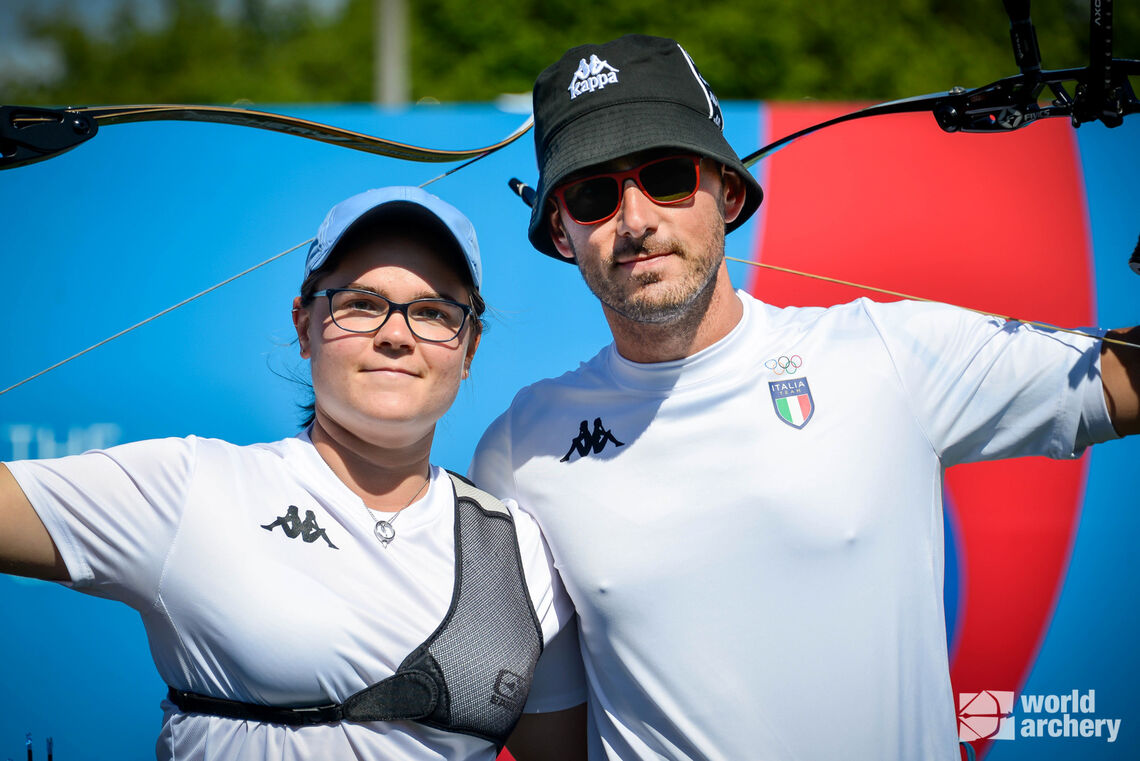
“When I returned to archery properly after the COVID situation had calmed down, I had to use less poundage, and I had to change my technique,” says Mauro. “I made many changes after Minsk, and I think I’m still working on them right now. I know can shoot very well as we did in the team competition here, but I can also shoot as we did here in the mixed team.”
He laughs – semi-frustrated, perhaps, but accepting of both his performance and potential after so many years on the circuit.
Because while Mauro has now been around for ages, he’s still very much an archer of the present. Less than two weeks ago, he won the Hyundai Archery World Cup stage in Medellin, beating Kim Je Deok in a final that showed off his impressive resilience and ability to rise to the moment. It was his first individual win on the tour since 2018.
Now in Krakow, three days ago, Nespoli and Tatiana Andreoli – who also won this event individually four years ago – were knocked out of the recurve mixed team competition, and Olympic qualifier, in their first match.
But then the rollercoaster looped again, as Nespoli, Alessandro Paoli and Federico Musolesi returned the next day to win the team competition.
“I really want us to compete us in the in the team event in Paris, and there are fewer places available at the world championships. So we have to be very, very confident in the team and we are working on it hard,” says Mauro. “Getting that gold was great. It’s exactly what you want in the last month before [August’s] world championship.”
“But my strategy is the same. I’ll try to be focused, and also to be lucky. And to be competitive from the first arrow to the last one,” he smiles.
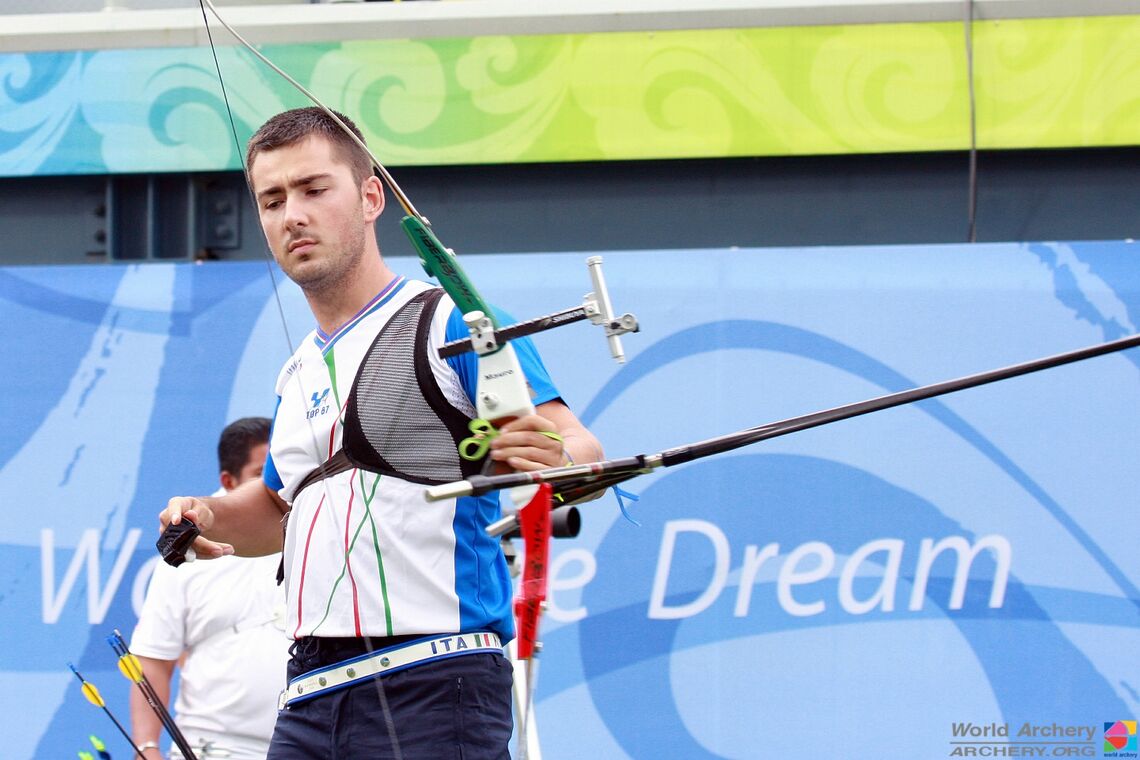
If Italy qualifies places for the Paris 2024 Olympics, and Nespoli makes the team, it will be his fifth Games in a row – he attended his first in Beijing at age 21.
“I still get excited about going to another Olympics, yes,” he assures.
Nespoli was famous for shooting among the highest draw weight in the international recurve peloton, and back in 2019 was using a bow that (he claims) weighed in at an eye-watering 69 pounds on the fingers. These days he is shooting a 60-pound bow – still on the very heavy side for elite recurve men.
He’s previously explained that frustration with wind brought about his experimentation with extreme weight.
Now a few years on in his career, a different perspective has emerged.
“During the COVID period, I wasn’t feeling good about archery at all. I kind of lost my mind a little. I thought many times about stopping shooting and was looking at other things I might do,” he admits. “So it wasn’t easy to train with a poundage like that, especially as I wasn’t sure if I wanted to continue, or even if the Olympic Games in Tokyo was going to happen.”
Like several other senior Italian recurve archers, Nespoli is a member of the Italian Air Force’s sport team.
As Michele Frangilli, one of Mauro’s Olympic-winning teammates at London 2012, once said: “I am in the Air Force, but as a full-time archer. It’s my job to continue to win medals for Italy.”
“It’s still the same,” shrugs Nespoli. “My job is shooting, to go out there and win.”
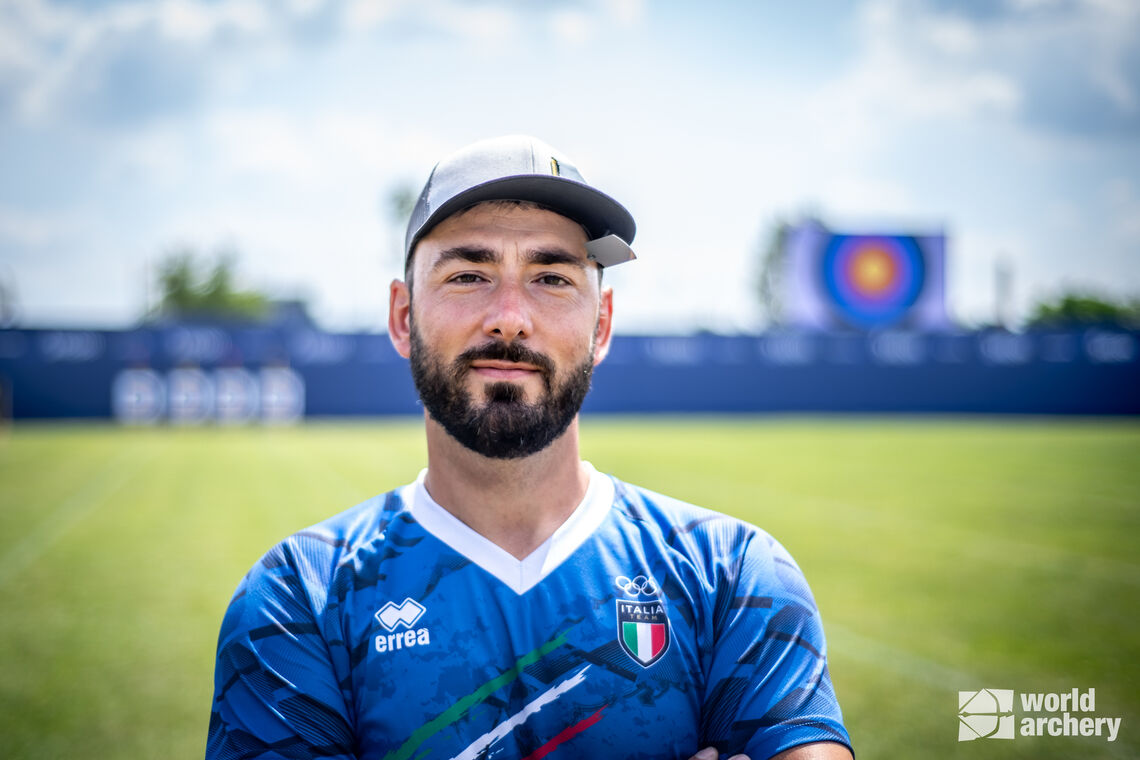
Mauro’s 35 years old. Not many archers have been to five Olympics. What’s next?
“With COVID, I suddenly had a lot of time to think. My goal was to be a coach after my archery career is done, but I’m not so sure about it now,” he says. “It’s become a more important sport in the world and there is more money going into it around the world. Many new countries are shooting very a very high level.”
“We have a lot of competitors that we didn’t have in the past, and we have to change our minds about training, and about technique, as well. The scores keep going up.”
Nespoli has seen – and competed through – significant change, including in the rules of the sport. The set system was introduced for individuals at his second Olympics (in London), and then for teams at his third.
“They thought it might stop the Korean domination, but the result is that, in the past, you could win the Olympic Games with a 28. Now you have to shoot a 30 three times,” he said. “And you have to spend a lot of energy making it happen.”
You’d be forgiven for hearing the words of a tired man.
“I’m feeling a lot more passionate about archery this year. And again I am focusing on the Olympics, on Paris,” he states. “Maybe Los Angeles, too, but I’m just taking every day as it comes.”
But surely now, as an elder statesman of the sport, with an individual Olympic silver (from Tokyo) to go along with that team win from London, there must be a level of satisfaction, of completion, for another of Italian archery’s greats? “No, unfortunately,” he says, laughing, before clarifying: “I’m very satisfied about the Tokyo Games, about how I shot, and the medal of course.”
“But I'm always the same.” He winks.
His job is shooting… go out there and win.
